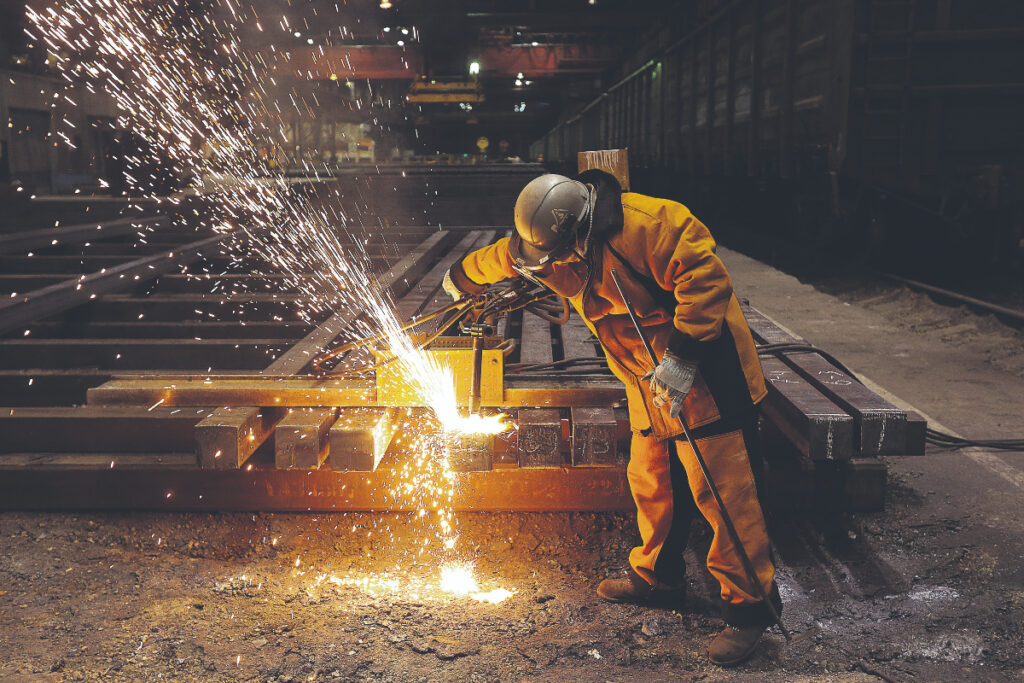| Updated:

Talks are ongoing as government ministers battle for the future of British Steel this week, with hopes of a “commercial solution in sight”.
The firm has launched a consultation on the proposed closure of blast furnaces at its Scunthorpe plant and the government is in talks with the company’s Chinese owner Jingye.
There have been calls for temporary nationalisation amid fears of thousands of job losses, as well as implications for the UK economy over the loss of virgin steel production capacity.
Culture secretary Lisa Nandy told the BBC on Wednesday that British Steel would “continue to be an important part of our economy for years to come”, adding that a deal or “commercial solution” to secure its future was “achievable and within sight”.
While Chancellor Rachel Reeves said, when asked if the government would nationalise the furnaces, which produce the majority of the steel used by Network Rail in laying the UK’s train tracks, that “all options remain on the table”.
She pledged that ministers were “doing everything we can to preserve those jobs and to support those communities”, and were in “active discussions now” with unions and Jingye.
Reform UK leader Nigel Farage has urged the government to nationalise British Steel, and warned if the plant closes the UK “will become the only country in the G20, the only major economy of the planet, that doesn’t produce primary steel”.
It comes as the Liberal Democrat leader Sir Ed Davey called for the government to “designate steel as a nationally strategic asset, using British Steel in infrastructure projects from defence to renewable energy”.
Both Farage and Davey have called for the new Universal theme park set to be built in Bedfordshire to be built using British-made steel.
Reeves said the government had agreed with Universal that British steel would be used “where possible” on the project.
“That’s the case with HS2, with Heathrow, and with this private investment here in Bedfordshire,” she said.
A recent report by UK Steel warned the “sector is now at a critical point of transition” and called on the government to “mandate or incentivize” the use of UK made steel for public procurement, including in energy, defence and infrastructure projects.
They also want developers and public bodies to have to “justify why they did not use UK made steel, if it was available”, and a public-private partnership to invest in supply chains.
A joint statement from the Department for Business & Trade and British Steel from Wednesday night read: “UK Business and Trade Secretary Jonathan Reynolds and officials met with the CEOs of Jingye and British Steel earlier today for discussions on steelmaking in Scunthorpe.
“Both sides welcomed continued cooperation in talks to find a way forward. The UK Government thanked Jingye for their respect for the workforce during this process, and work continues at pace to find a resolution.”



